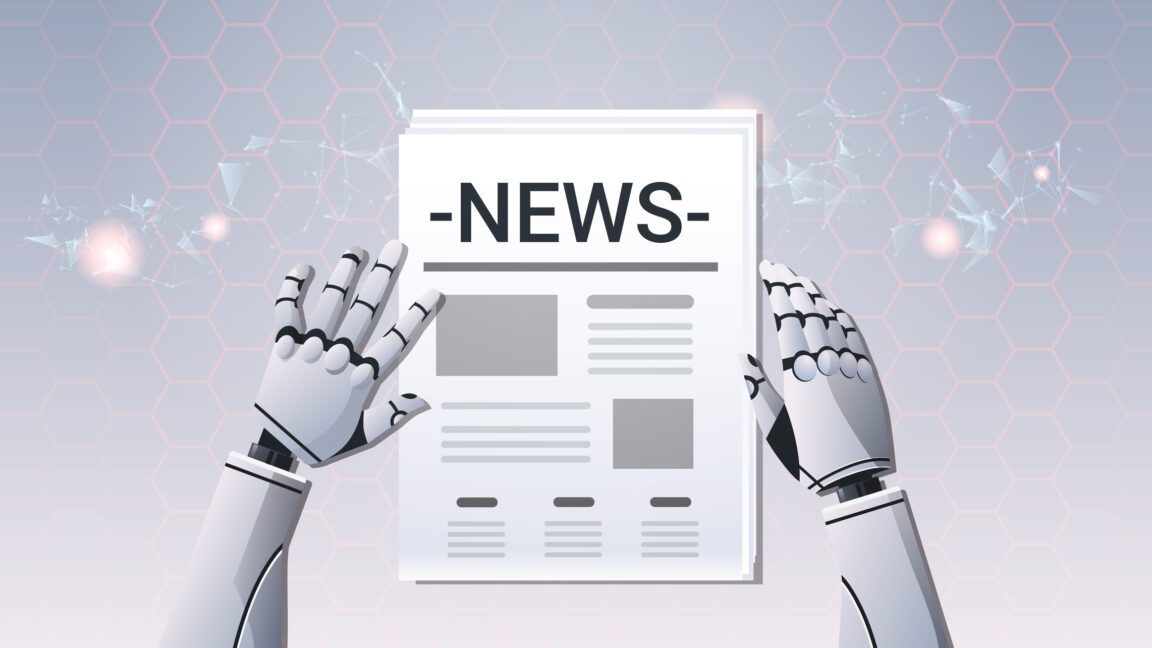The new leadership imperative: Championing uniquely human skills in the AI era
Unlocking the potential of human-AI collaboration requires rethinking our approach to work, leadership, and human development.

Throughout technological history, predictions of machines displacing human workers have been consistently proven wrong. From the first printing press to the airplane and countless other innovations, humans have continually learned to harness technological advances to push beyond previous boundaries.
Now, AI offers us another transformative opportunity to transcend our current limitations, amplify our creativity, and redefine the art of the possible. It's opening a new horizon where human potential is exponentially expanded, enabling us to achieve remarkable feats that were once unimaginable.
This is happening more and more every day—and as agentic AI rapidly advances, we humans need to actively shape the role we want to play in this new world.
The latest research from Workday shows that most people (83%) believe AI will actually make human skills more important, and the majority (76%) want deeper human connections as AI becomes a bigger part of our lives. This tells us that uniquely human capabilities like relationship building, empathy, ethical decision-making, and conflict resolution will become increasingly important.
But this future won't happen simply because the technology is available to us. We need leaders who can embrace AI for good and guide their organizations through effective human-machine teaming. Leaders of the future will need to inspire their people, find new ways to help them grow, and build a workplace where humans and machines thrive together.
This means rethinking how we approach work, leadership, and human development. Instead of focusing solely on technical skills, leaders need to design new ways of working that leverage the strengths of AI, while simultaneously championing uniquely human skills like creativity, collaboration, and critical thinking. Effective leaders will empower their teams to leverage AI for routine tasks, while fostering their uniquely human skills, to achieve unprecedented outcomes.
Encouraging collaboration between humans and machines
The most successful organizations will be those that effectively combine the strengths of humans and AI. Leaders can cultivate this synergy by actively encouraging experimentation with AI tools, such as AI agents, and promoting a mindset that views AI not as a threat, but as a powerful partner in innovation.
By embracing this partnership, organizations can unlock new levels of creativity, accelerate innovation, and achieve breakthroughs that wouldn't be attainable with humans or AI alone.
The increasing importance of human-centric leadership
Think of AI like a super-efficient assistant that handles all the tedious tasks like candidate sourcing or contract analysis. It can generate personalized growth plans and automate audit workflows, freeing up valuable time. Now, instead of being bogged down in day-to-day administrative work, leaders can focus on the bigger picture. They can dedicate more time to inspiring their teams, fostering a culture of innovation, and guiding their organizations towards ambitious goals.
This shift towards human-centric leadership, fueled by AI, is giving leaders the tools they need to build a thriving workplace where employees feel valued, motivated, and empowered to navigate the complexities of today's new work environment.
Investing in upskilling and reskilling our workforce
The rise of AI is changing the skills we need to succeed. With 81% of employees recognizing this shift, it’s clear that leaders must prioritize "AI fluency" within their teams. This means empowering employees to understand how AI works, interact with it effectively, and leverage its potential for problem-solving and innovation.
In this era of rapid technological advancement, organizations that prioritize AI fluency will gain a competitive edge. Leaders who invest in continuous learning and empower their teams to embrace AI as both a tool and a subject of learning will be able to unlock new opportunities, bridge talent gaps, and navigate the evolving demands of the modern workplace with confidence.
Promoting trust in AI
Trust is the foundation of any thriving organization, and AI has the potential to strengthen that foundation in new ways. Workday's research reveals that a remarkable 90% of people believe AI can significantly increase transparency and accountability, reflecting a deep desire for organizations to operate ethically and fairly.
Leaders play a crucial role in realizing this potential. To foster trust in AI, they must prioritize transparency and accountability in every aspect of its implementation. This involves open communication, clearly explaining how AI is being used within the organization and addressing any concerns or uncertainties employees may have. It also requires actively identifying and addressing potential biases in AI systems to ensure fair and equitable outcomes. Finally, it's essential to create channels for employees to provide feedback on their experiences with AI, ensuring their voices are heard and concerns are addressed.
Embracing human-machine teaming
By embracing AI as a partner, we can unlock new levels of human ingenuity. AI can free us from mundane tasks, giving us more time to focus on creative problem-solving, collaborating with our teams, and learning new skills. It can help us generate new ideas, explore different perspectives, and push the limits of imagination.
This is the power of human-AI collaboration: to not only make our work feel less routine, but to unlock new levels of creativity, collaboration, and innovation. With forward-thinking leadership, we can turn this potential into a reality where humans and AI work together to build a better future for all.
The opinions expressed in Fortune.com commentary pieces are solely the views of their authors and do not necessarily reflect the opinions and beliefs of Fortune.
This story was originally featured on Fortune.com


![How to Find Low-Competition Keywords with Semrush [Super Easy]](https://static.semrush.com/blog/uploads/media/73/62/7362f16fb9e460b6d58ccc09b4a048b6/how-to-find-low-competition-keywords-sm.png)

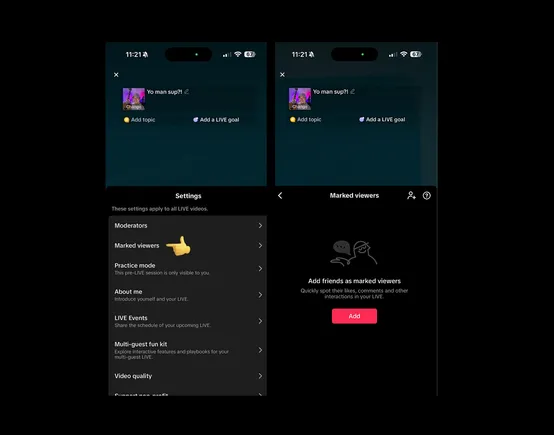




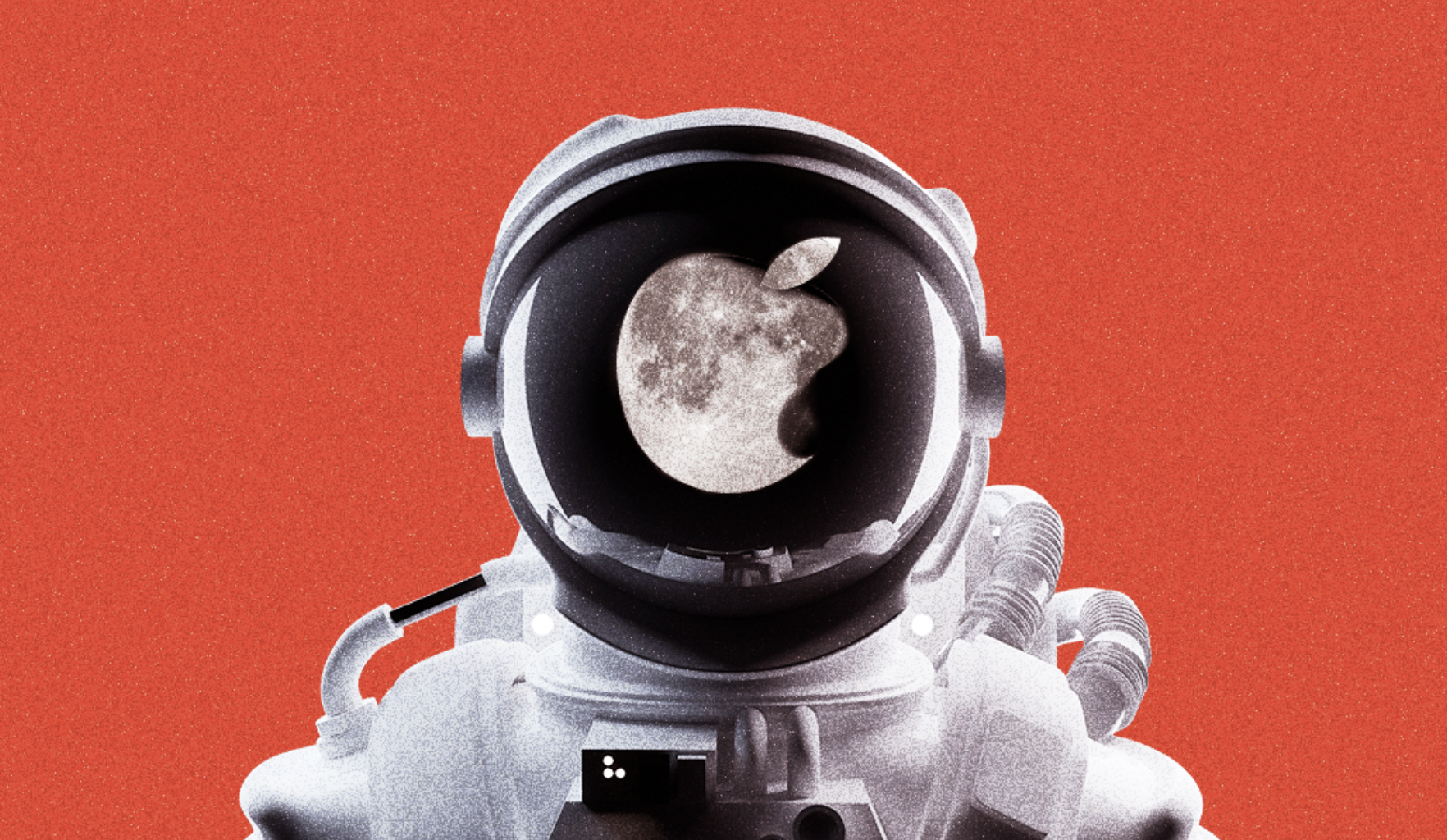

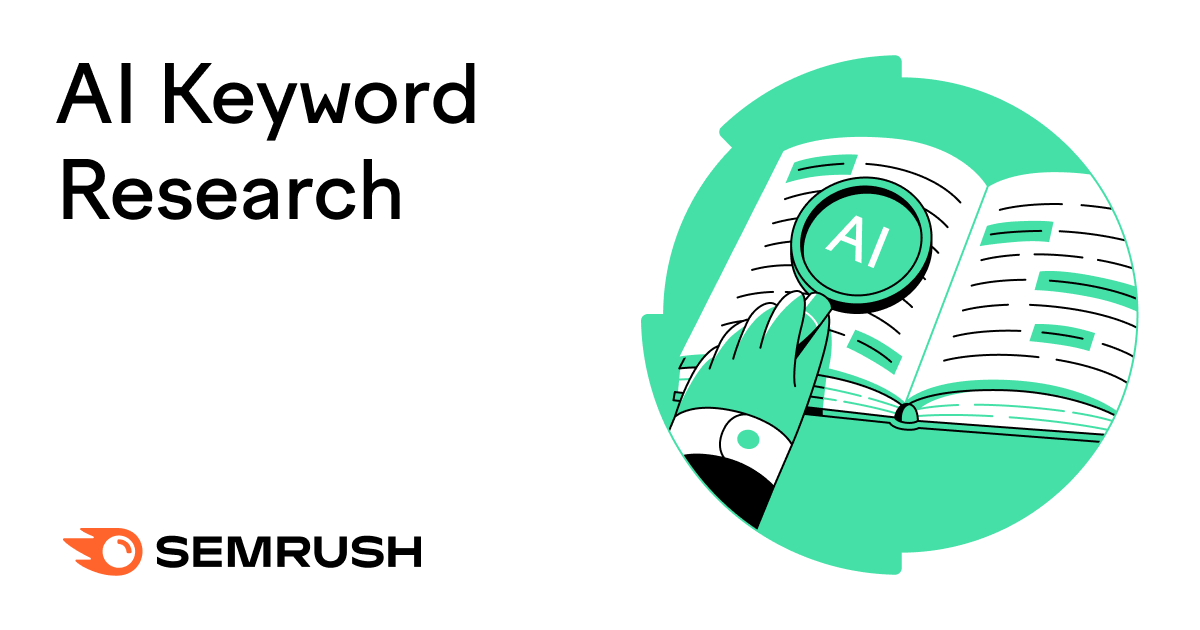
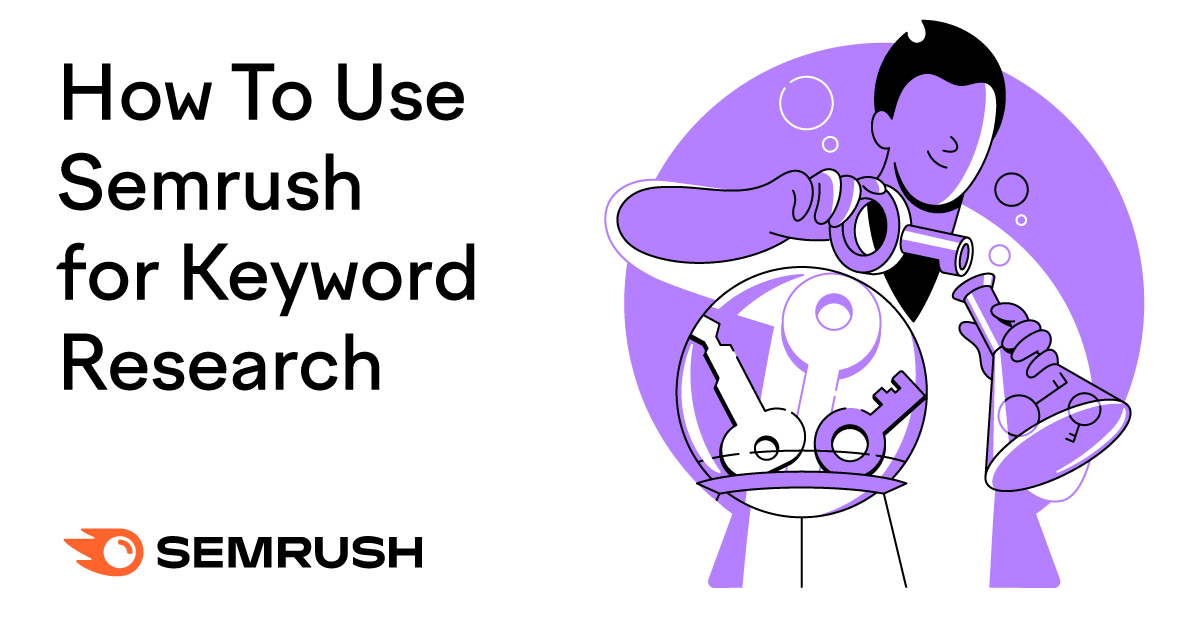
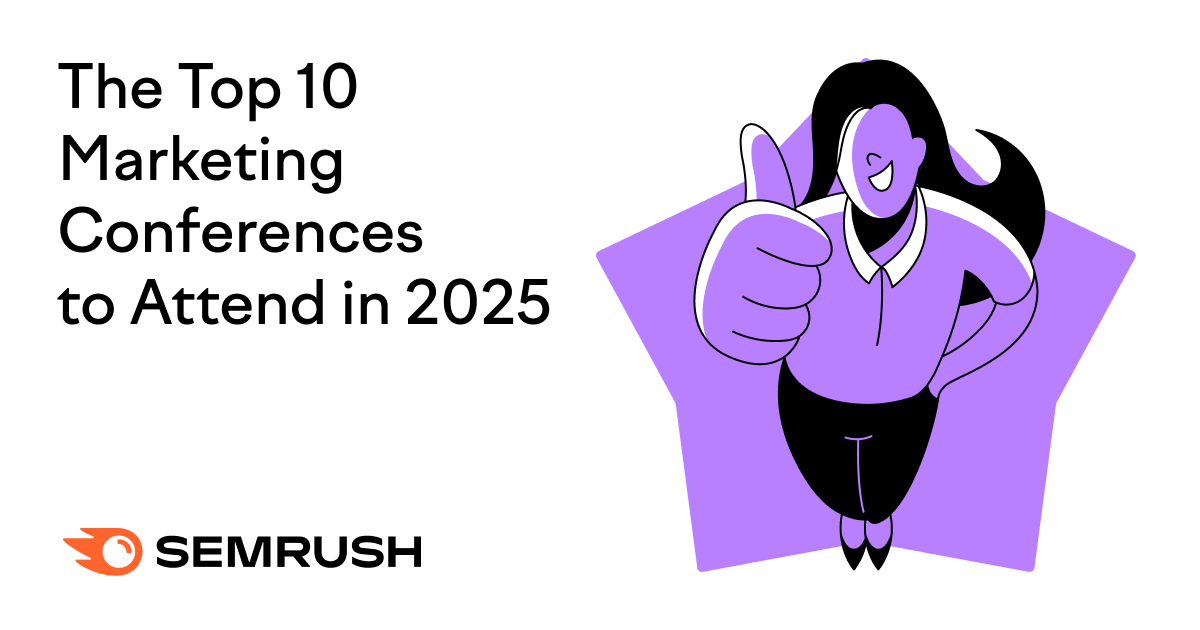






























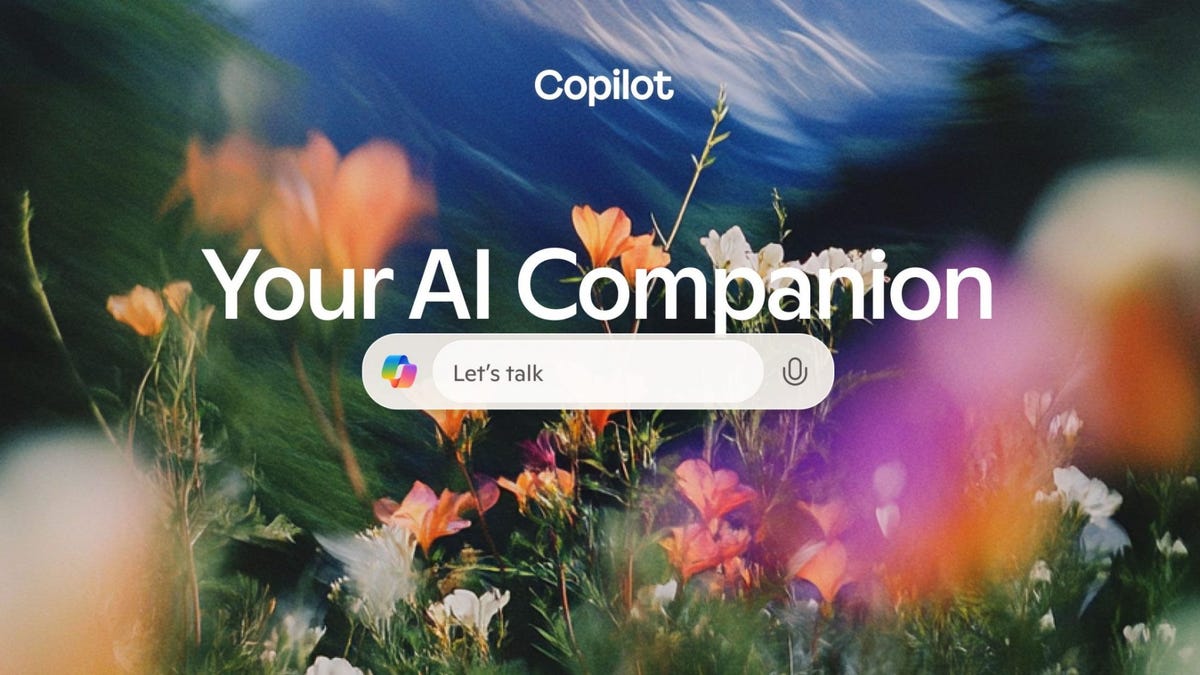








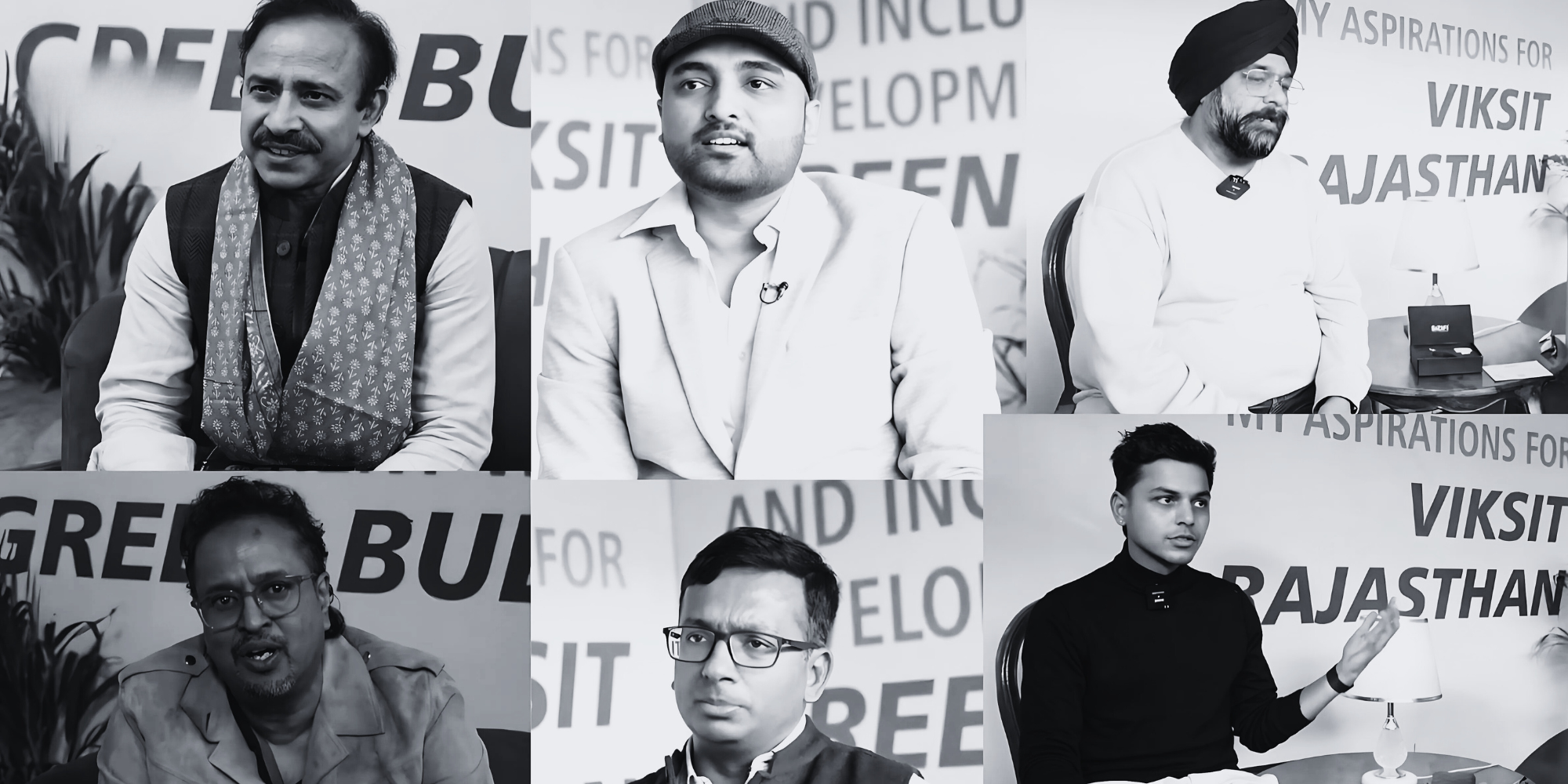


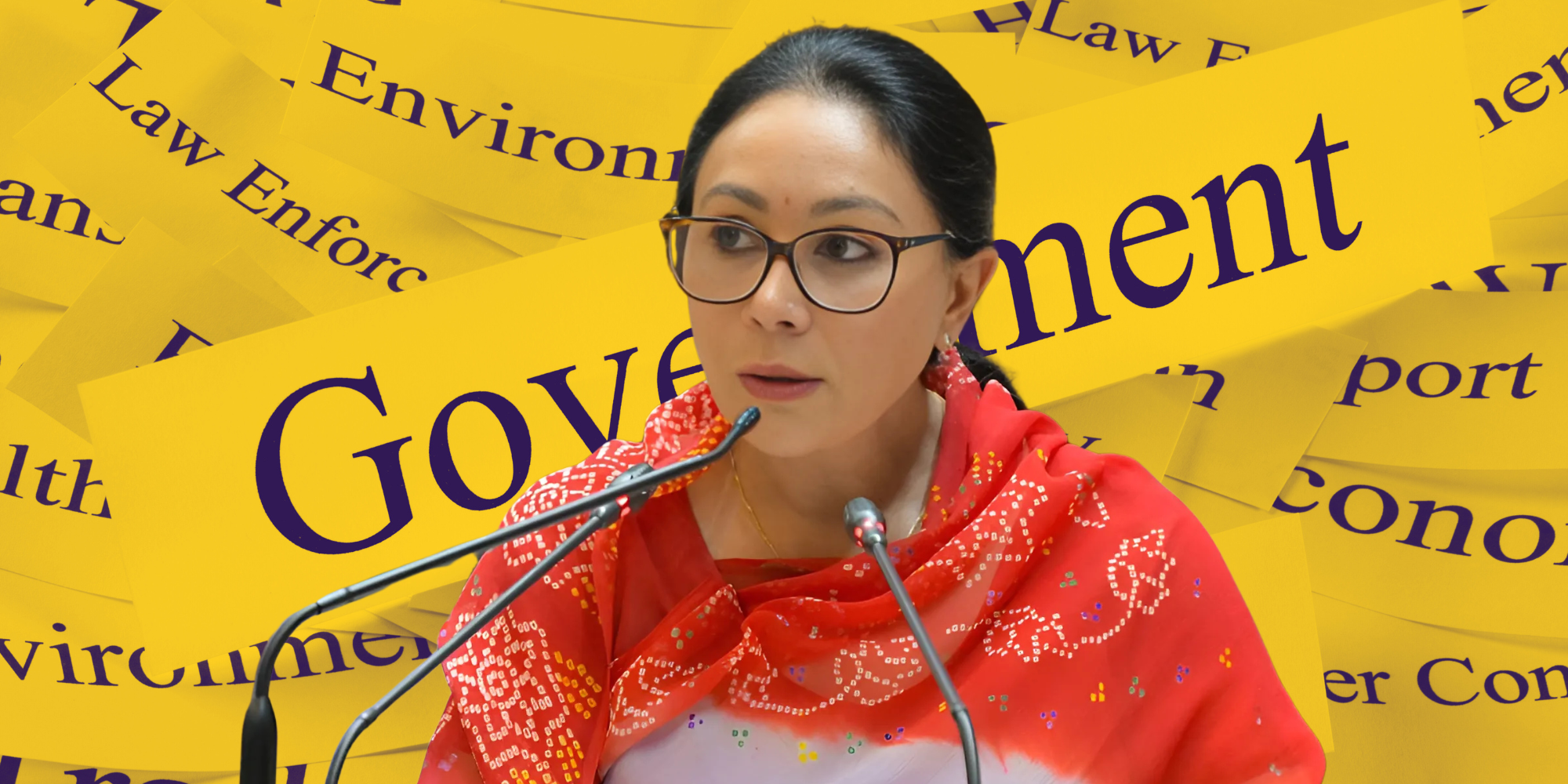
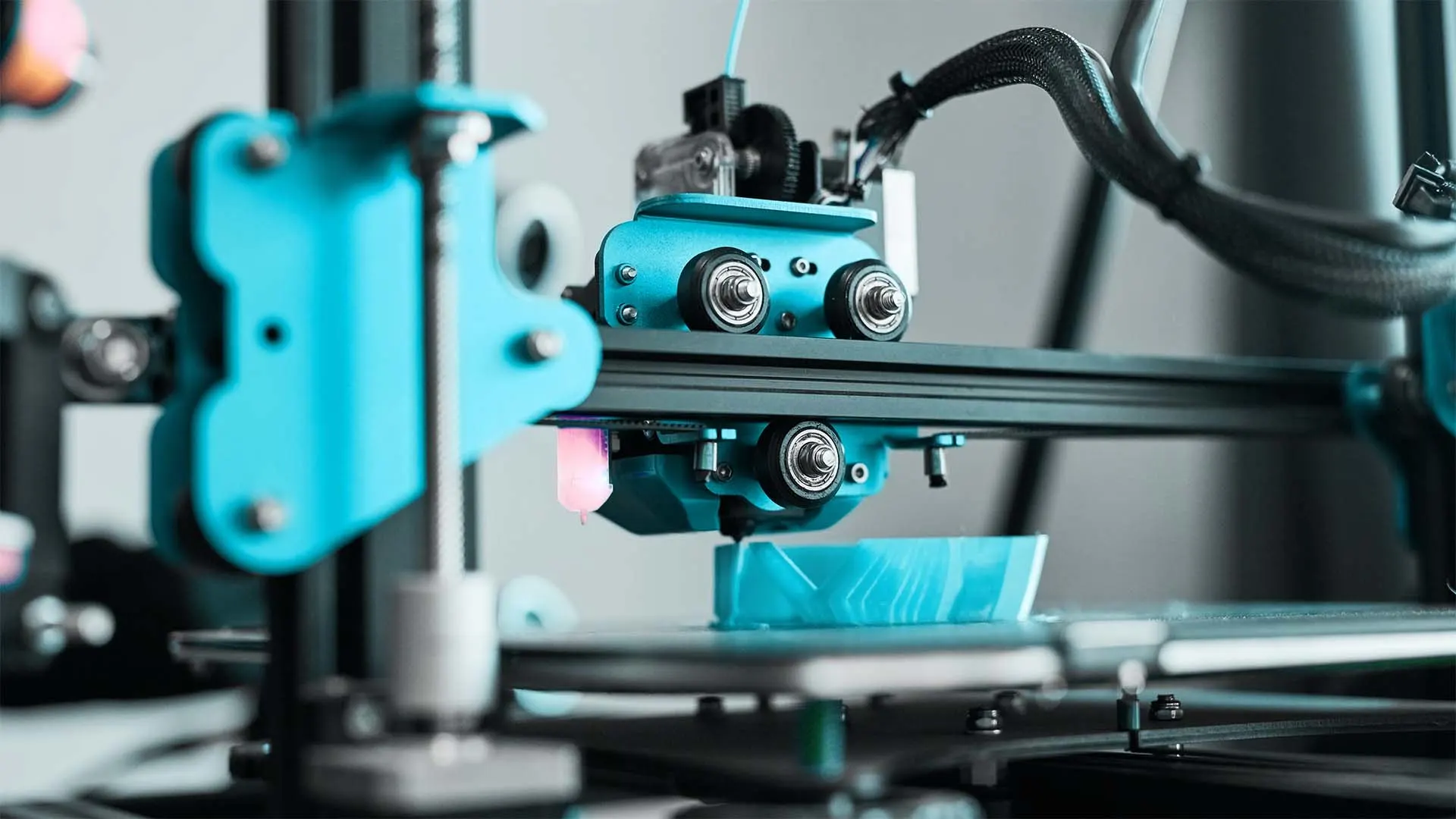
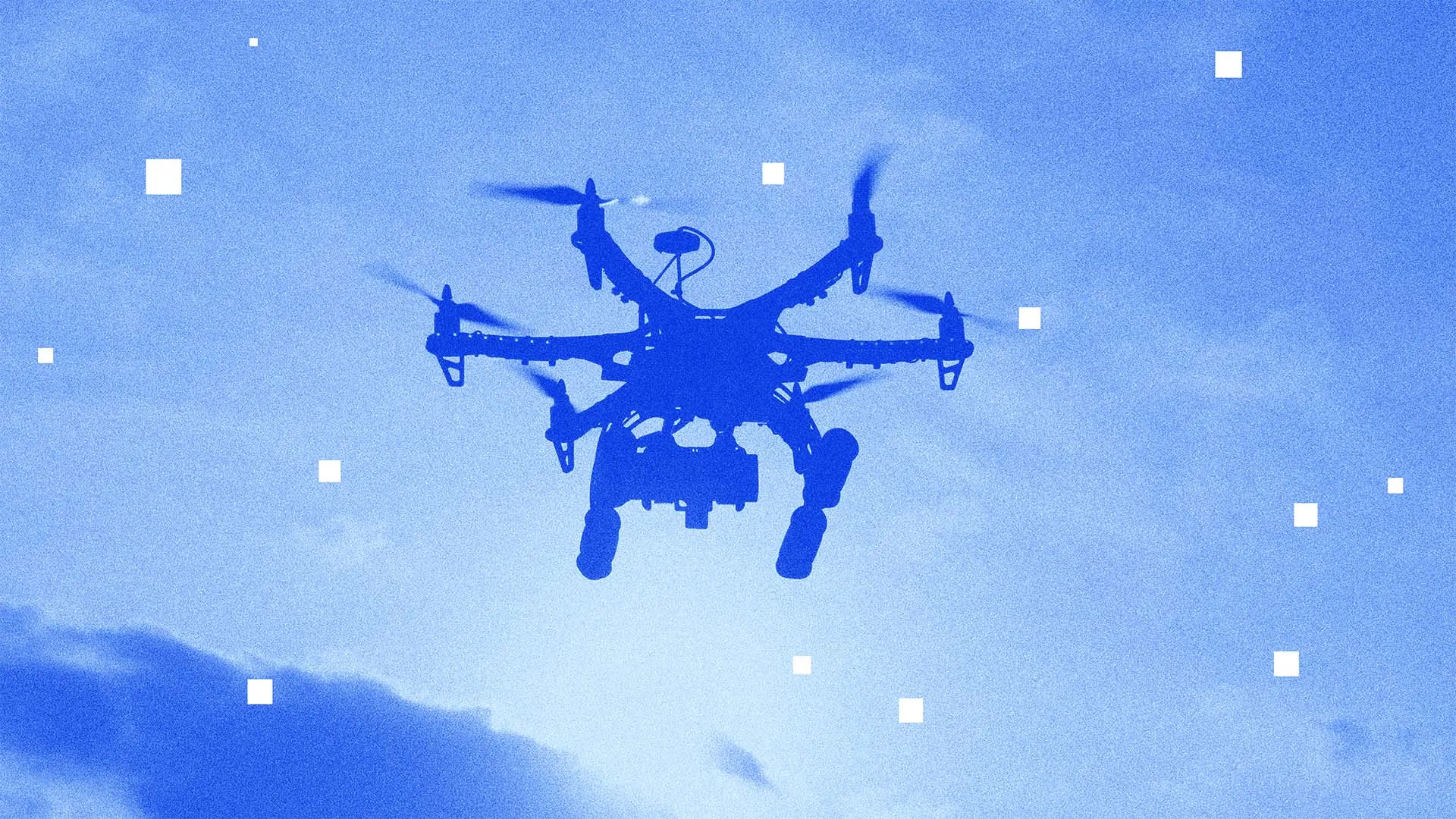
















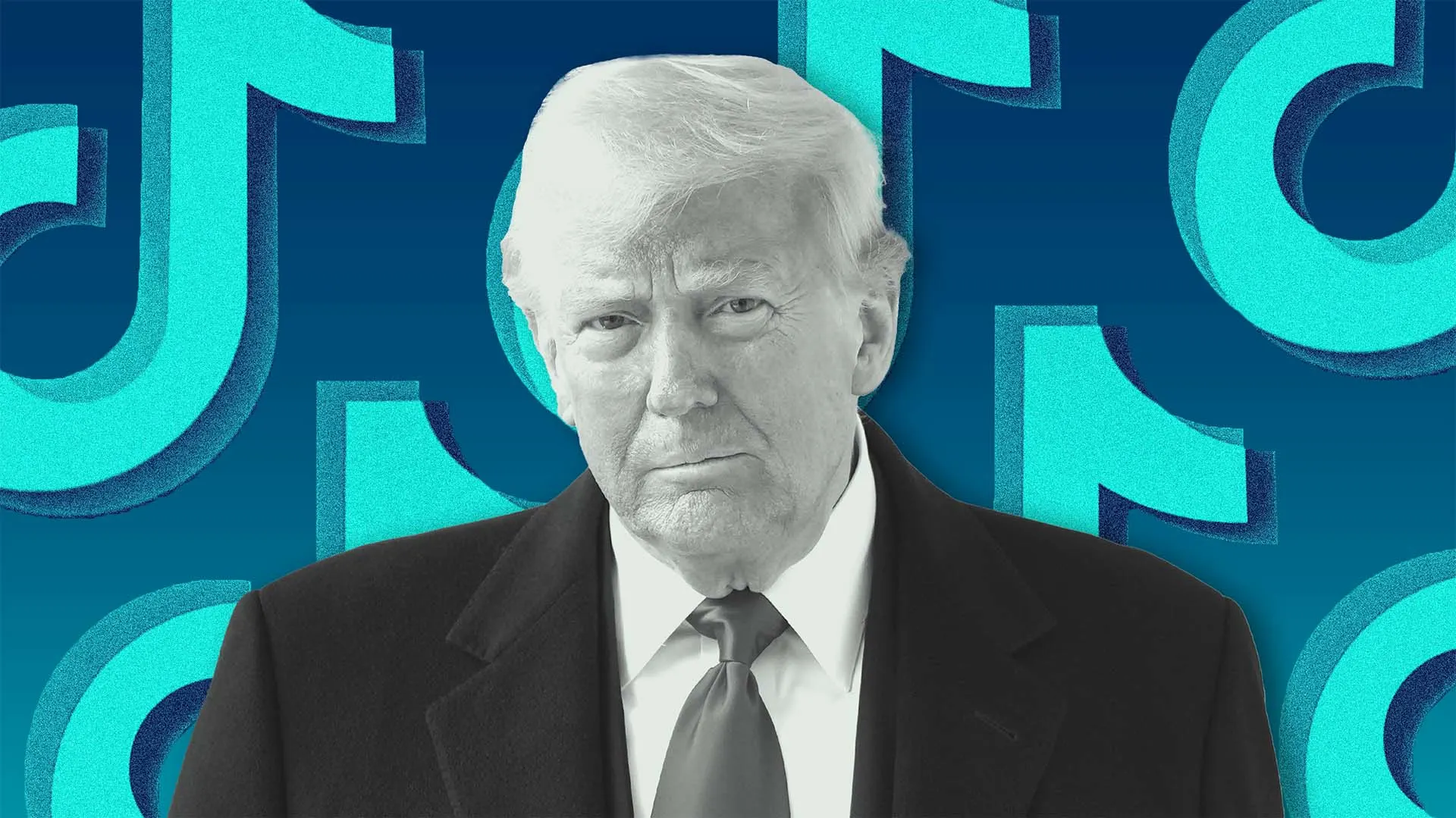































































































.jpg)
%20Abstract%20Background%20112024%20SOURCE%20Amazon.jpg)








